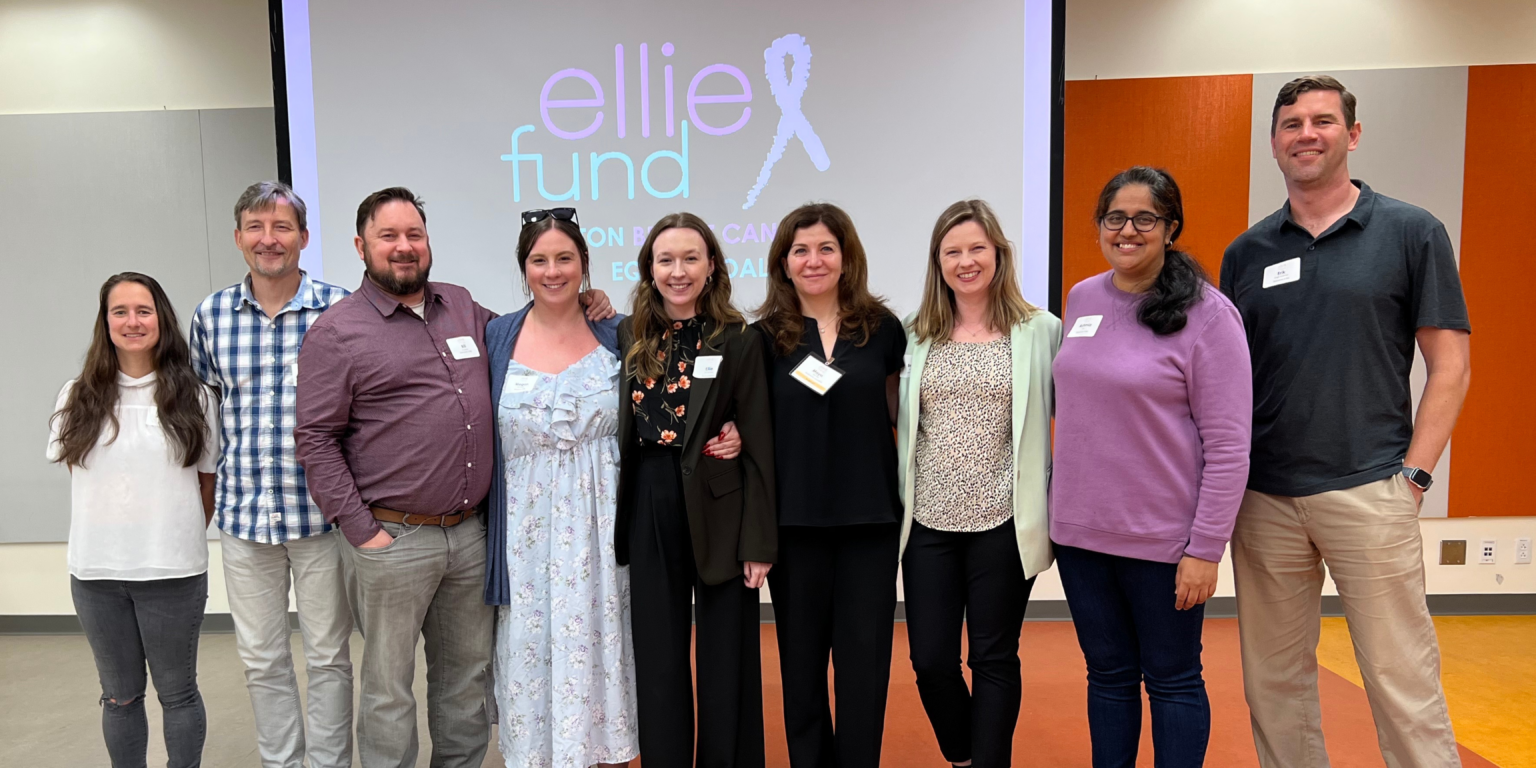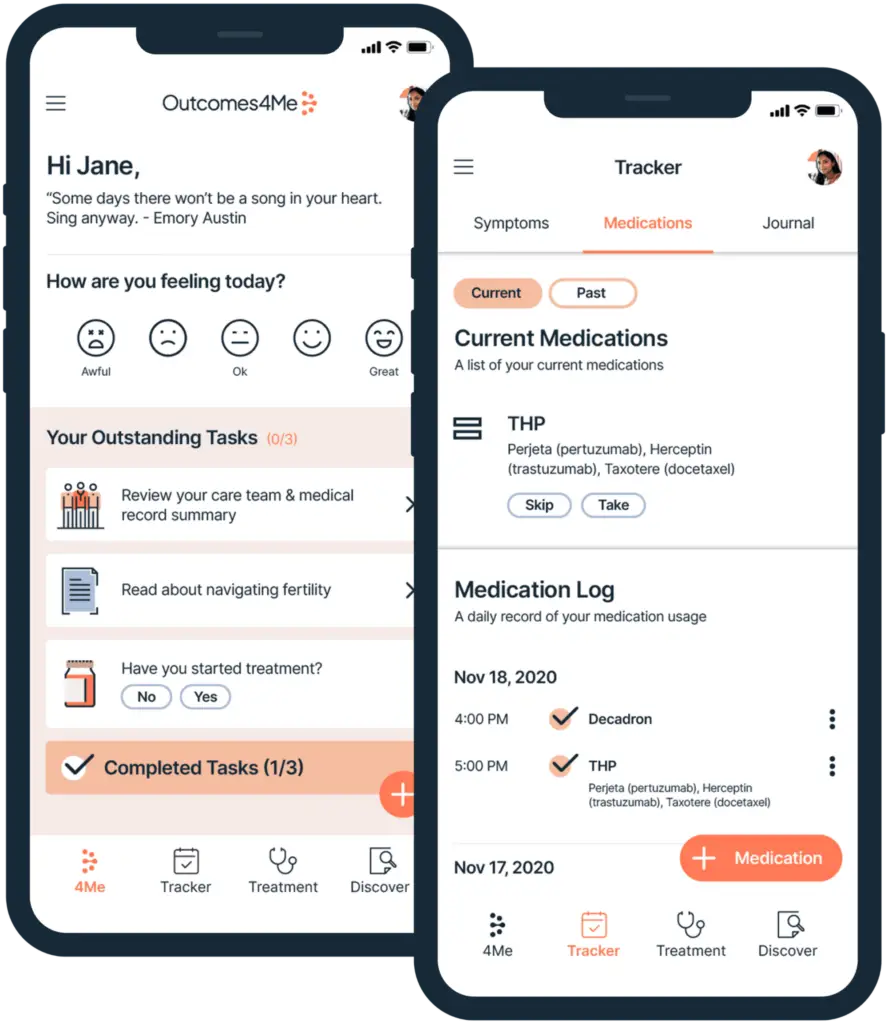Recently, the Outcomes4Me team had an incredible opportunity to attend the Ellie Fund and Boston Breast Cancer Equity Coalition’s symposium: “Clinical Trials: A Real Treatment Option for Breast Cancer Patients” where we participated in an important conversation about how patient-centricity, diversity, trust-building, and collaboration play essential roles in improving clinical trial inclusivity and, ultimately, health outcomes for all breast cancer patients.
Here are some of our key takeaways from the symposium on what we need to do in order to make clinical trial access and participation more equitable:
Clinical trials must be patient-centric
When designing clinical trials, medical institutions and pharmaceutical companies need to take real patient perspectives and needs into consideration to ensure equitable access to the trial. A “patient-centric” approach to trial design requires understanding and addressing the needs of patients who come from diverse backgrounds. This could, for instance, mean incorporating language translation, transportation, financial, and other supportive services into the structure of a clinical trial so that all patients–no matter their background–can participate in the trial.
Patient awareness and trust are key
Building trust in research among all patients is essential to growing clinical trial participation and increasing diversity. Transparent communication and educational programs about research studies can help increase general awareness about clinical trials among underrepresented patient populations. During the Symposium, some ideas for growing awareness and trust included introducing the concept of clinical trials in schools and collaborating with local doctors who are already trusted by their patients.
With only 5% of adult oncology patients enrolling in clinical trials, we can’t rely solely on medical professionals to introduce these treatment opportunities to their patients. That is why patient education is essential–because it empowers patients with the information they need to explore alternative treatment options such as clinical trials.
We can’t do it alone
Pharmaceutical and diagnostics companies, research institutions, community hospitals, healthtech companies–no single organization or sector has the ability to make clinical trial access equitable on their own. By working together through strategic partnerships, we open doors to more resources, patient perspectives, and ideas that will drive innovation and bring clinical trial opportunities to more patients.
For example, only 1 in 5 patients are presented with a clinical trial as a treatment option, and approximately up to 85% of all cancer patients in the U.S. are treated in community hospital settings. By partnering with community hospitals, clinical trial organizers can access a new, diverse patient population while at the same time bringing the newest, innovative treatments to these patients.
Founder & CEO of Outcomes4Me, Dr. Maya R. Said, speaking on a panel at the Ellie Fund/Boston Breast Cancer Equity Coalition symposium.





